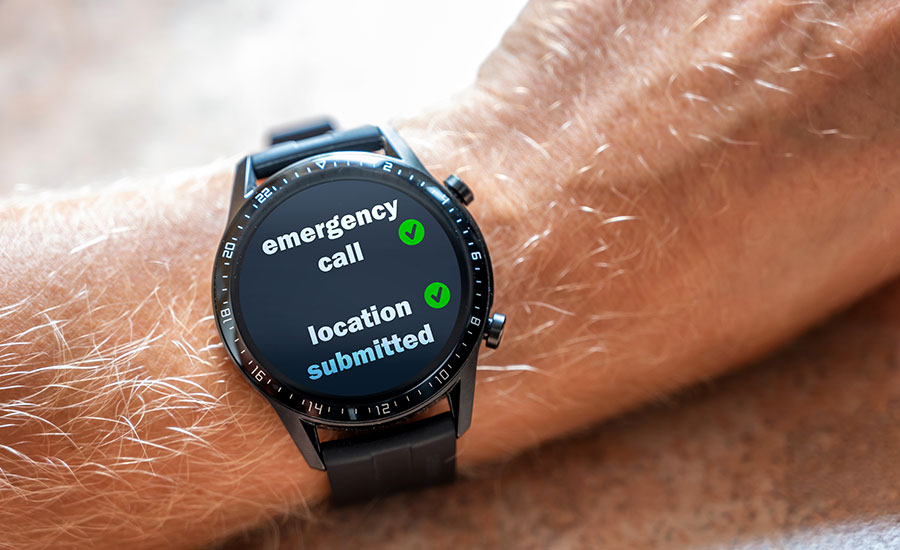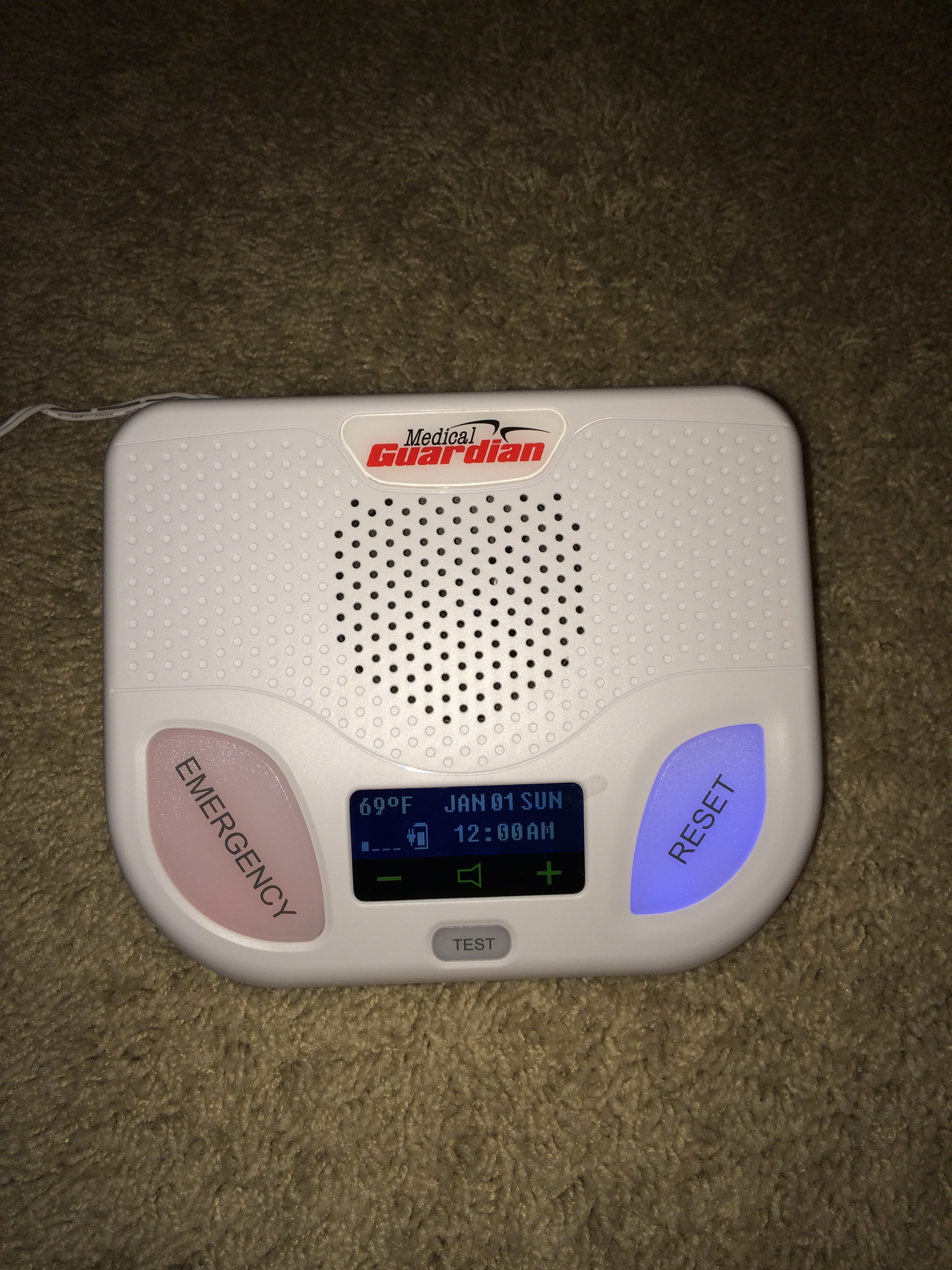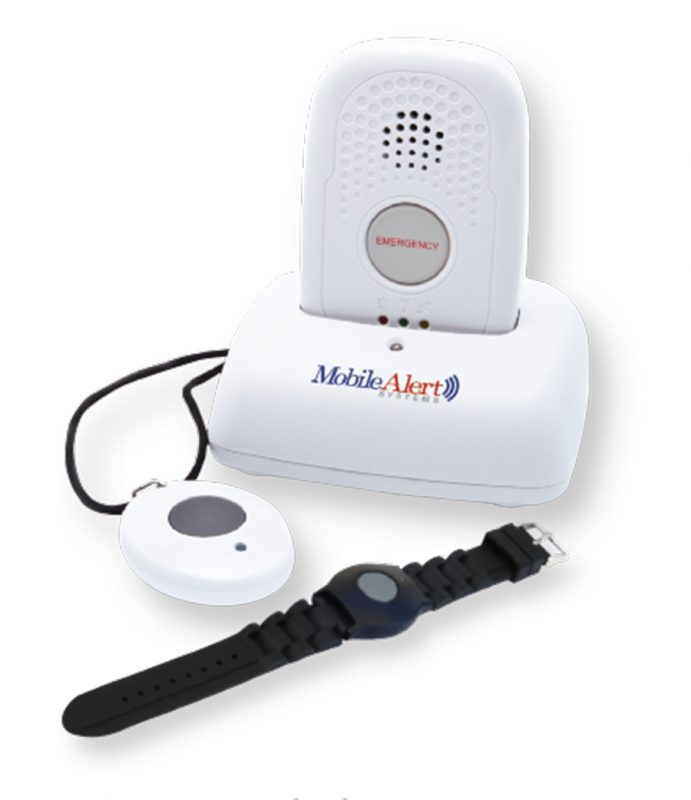Medical Systems For Seniors Types Benefits FAQs Circuit Diagram Just as the older population continues to grow, so does life expectancy. In the United States, it currently averages 79 years old. With this shift, comes the responsibility for younger family members to find ways of taking care of aging parents and doing so for a longer period of time. Adding a medical alert system is a good place to start. A medical alert system has two parts: the equipment and the on-call, 24/7 monitoring service. Medical alert equipment. Most at-home medical alert systems have a base unit (on-the-go systems generally don't need one) that is plugged into a central place in your home and connects wirelessly to any wearable devices or wall-mounted sensors. This guide will explore the top 5 medical alert systems for seniors, highlighting their features, benefits, and considerations to help you make an informed decision. Top 5 Medical Alert Systems for Seniors 1. Life Alert. Life Alert is a well-known and trusted name in the medical alert industry. They offer a comprehensive system that includes a

As you shop for a medical alert system, keep these key features in mind: 24/7 monitoring: All of the best medical alert systems offer 24/7 professional monitoring from a staffed response center. Water-resistant equipment: Falls often happen in the bathroom. It's essential that your equipment is water-resistant, so you can wear it in the shower.

Top 5 Medical Alert Systems for Seniors: How to Stay Safe Circuit Diagram
Personal Emergency Response Systems Medical alert devices. Response: Before delving into Personal Emergency Response Systems, it is necessary to understand the significance of medical alert devices. These wearable gadgets for old people are equipped with a button that, when pressed, connects the user to a monitoring center where trained

A medical alert system can be a lifeline for seniors living alone or anyone with health concerns. Also called personal emergency response systems (PERS), these devices facilitate immediate help in emergencies by pressing a wearable button or relying on automated sensors. Modern alert systems have become increasingly sophisticated, featuring GPS tracking, fall detection, and compatibility with Here's all you need to know about medical alert devices and how they work for elderly care. 1. Device Activation. In an emergency, you must activate medical care alert devices to keep seniors safe. However, activating the device depends on the type you acquire. There are two main types of medical alert devices: manual and automatic.

How Do Medical Alert Devices Work For Elderly Care? Circuit Diagram
Choosing the right medical alert system ensures timely help during emergencies and helps provide peace of mind to users and caregivers alike. Medical alert systems generally cost $20-$45 per month, and some brands charge one-time equipment or activation fees. Fall detection is an extra $10 per month, on average. Bay Alarm Medical is one of the oldest and most trusted names in medical alert systems for older adults. It was founded in 1946 and has reputable products and high customer reviews. Among the medical alert systems with fall alert devices we tested, Bay Alarm has the highest BBB rating (4.24 out of 5 stars) with 141 reviews.
